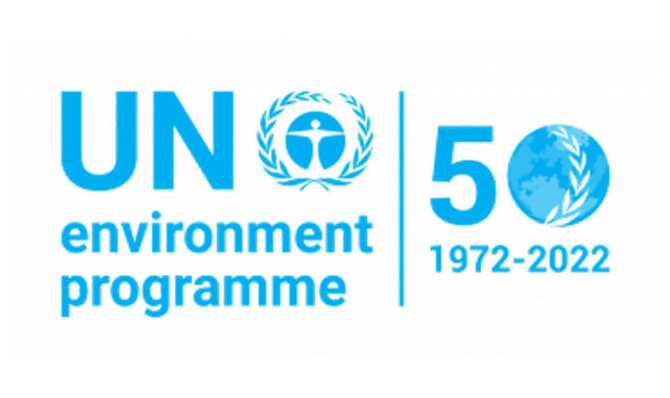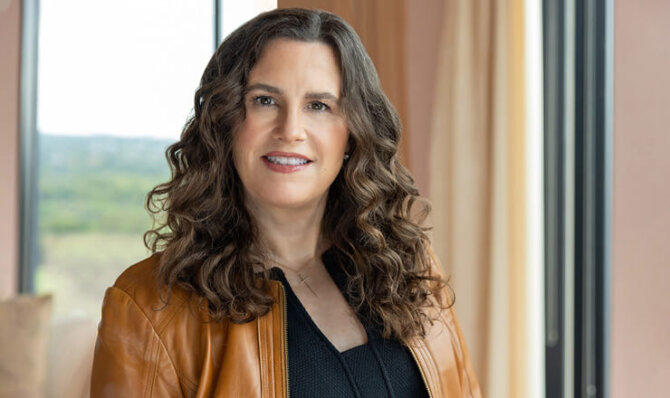Global experts from the United Nations Environment Programme, The Nature Conservancy, governments, research agencies, and the private sector are coming together to share best practices in improving marine management based on lessons learned around the world.

 Ole Vestergard, Programme Officer,
Ole Vestergard, Programme Officer,
United Nations Environment Programme
 Deborah Gibbins,
Deborah Gibbins,
Mary Kay’s Chief Operating Officer
LISBON, Portugal (June 28, 2022) – Marine protected areas (MPAs) are key tools for reducing threats to biodiversity, safeguarding marine and coastal habitats, building climate solutions, and supporting human needs through sustainable use. The Convention on Biological Diversity’s Global Biodiversity Framework may include an ambitious target of expanding MPA coverage to 30% by 2030. However, less than 3% of marine protected areas are meeting their objectives in the face of accelerating local and global threats.
To tackle this challenge, a team of experts is convening at the United Nations Oceans Conference in June 2022 in Lisbon, Portugal in a side event entitled, “Quality Matters: Enhancing Governance, Effective Management and Resilience of Marine Protected Areas for Multiple Co-benefits.” The event includes speakers from the private sector, local marine science agencies, representatives from non-profit organizations, governments, and intergovernmental organizations. Speakers will share how they are spearheading technological innovation and best practices in marine management and will spotlight valuable tools, increase collaboration, knowledge sharing, and uptake of lessons learned.
“Strong partnerships including the private sector, governments, NGOs, researchers, and local communities are essential to improving ocean health. Harnessing lessons learned and best practices globally to improve ocean management is a conservation priority including the co-creation of solutions with key partners.”
Dr. Lizzie McLeod, Global Reefs Lead for The Nature Conservancy
Building on this event, the United Nations Environment Programme, The Nature Conservancy, and other conservation partners, with support from Mary Kay Inc., are developing a suite of decision support tools for marine managers that improve marine management, support the sustainable financing of marine protected areas, and guide marine habitat restoration building on best practices around the world. By leveraging scientific innovation and new technologies and global best practices, marine managers are better able to tackle major threats facing marine ecosystems around the world.
“MPAs are key to ocean health and sustainable development. But they are not always effective without a range of support. Decision support tools that enable improved MPA design and management, knowledge sharing, and collaboration are needed to give marine stakeholders the support they need to better protect the oceans.”
Ole Vestergard, Programme Officer, United Nations Environment Programme
“Mary Kay is delighted to support TNC, in collaboration with UNEP and other experts from around the world, in an effort to protect our world’s most precious assets: oceans. These organizations are on the frontlines of the fight to preserve our waterways, and we’re hopeful that with Mary Kay’s support, they’ll have the tools and resources needed to ensure our oceans are healthy for generations to come.”
Deborah Gibbins, Mary Kay’s Chief Operating Officer
As governments refine their conservation targets, it is timely to highlight new innovations and technologies that help countries meet global biodiversity and sustainable development goals. New decision tools and foundational science are needed to enhance the capacity of marine planners and managers to better manage marine habitats in the face of climate change and other threats.
About The Nature Conservancy
The Nature Conservancy is a global conservation organization dedicated to conserving the lands and waters on which all life depends. Guided by science, we create innovative, on-the-ground solutions to our world’s toughest challenges so that nature and people can thrive together. We are tackling climate change, conserving lands, waters, and oceans at an unprecedented scale, providing food and water sustainably, and helping make cities more sustainable. Working in 79 countries and territories, we use a collaborative approach that engages local communities, governments, the private sector, and other partners. To learn more, visit www.nature.org or follow @nature_press on Twitter.
About the United Nations Environment Programme (UNEP)
UNEP is the leading global voice on the environment. It provides leadership and encourages partnership in caring for the environment by inspiring, informing, and enabling nations and peoples to improve their quality of life without compromising that of future generations.